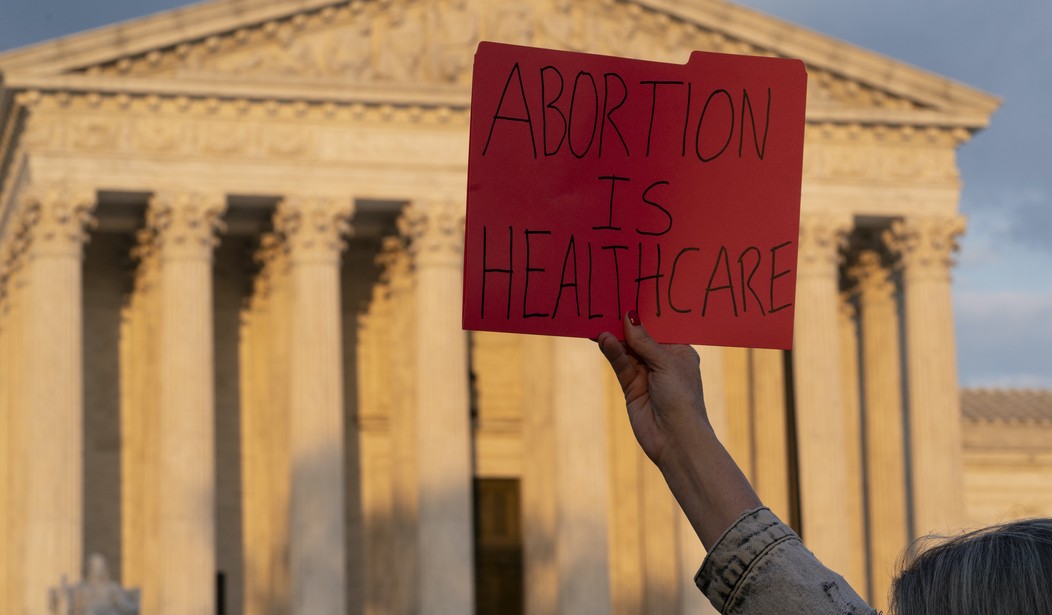On Sunday, the editorial board of the Wall Street Journal published a piece highlighting how abortion laws across Europe are generally more restrictive than the United States. The WSJ pointed out that these kinds of abortion laws came as a result of political debate rather than a decision handed down by a judicial body.
The notable feature of abortion in Europe is that each country has tailored its laws to local mores after political debate. Britain and the Netherlands are among the more permissive, allowing abortion under most circumstances up to 24 weeks of pregnancy—and at taxpayer expense in Britain’s National Health Service.
Poland and a handful of small, majority-Catholic countries are at the other end of the spectrum, banning abortion under most circumstances although women can avail of free movement within the European Union to travel to another country.
Last week, Politico published a leak draft opinion from the Supreme Court case Dobbs v. Jackson Women’s Health Organization, which surrounds the constitutionality of a 15-week abortion ban in Mississippi. In the draft, the Justices overturned Roe. The draft sent liberal pro-abortion supporters into a frenzy.
If the Justices ultimately decide to overturn Roe in their final decision, several states with “trigger laws” in place will restrict abortion access immediately.
Without court rulings mandating abortion access, European voters by and large have chosen to permit it in a way that would disappoint American pro-lifers. But even liberal and largely secular Europeans impose the sort of limitation on abortion that America’s pro-choice left claims to find intolerable. Mississippi’s ban, which is the law at issue now at the Supreme Court, begins after 15 weeks.
European laws also include waiting periods for abortion in some countries, such as seven days in Italy and three in Germany. Denmark and the Netherlands are among several countries that require parental consent before minors can obtain an abortion. Germany and Belgium require counseling first.
Recommended
“Keeping abortion politics in the democratic sphere rather than the courts has prevented it from becoming a destructive front in the culture war. This doesn’t mean abortion laws are immutable,” the WSJ concluded. “The main abortion lesson from Europe is that voters can be trusted with such an important issue.”
Last summer, Townhall covered how a study from the pro-life organization Charlotte Lozier Institute found that Mississippi’s 15-week abortion ban under review by the Supreme Court is mainstream in Europe. The study found that the United States was one of only a handful of countries that allows any sort of “late-term, elective abortion.”
The Wall Street Journal editorial board wrote late last month that the Supreme Court should overturn Roe and give the issue of abortion back to the states.
“Far better for the Court to leave the thicket of abortion regulation and return the issue to the states. A political uproar would ensue, but then voters would decide on abortion policy through elections—starting in November," they wrote.

























Join the conversation as a VIP Member